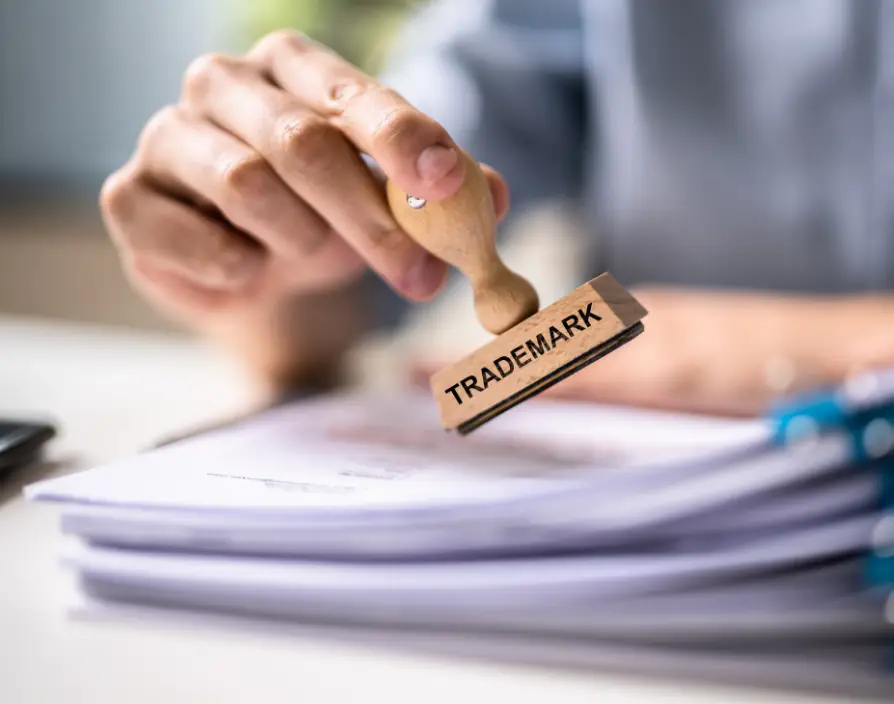Your trademark represents your brand, your reputation, and the goodwill you’ve worked hard to build. But here’s the critical question: Does owning a Canadian trademark automatically protect you in the U.S.?
The short answer is no. And overlooking this could expose your business to unnecessary risks — including legal disputes, rebranding costs, or even losing the right to use your own name in a new market.
Why U.S. protection matters
If you’ve registered your trademark with the Canadian Intellectual Property Office (CIPO), you have exclusive rights to use that mark in Canada, and more importantly, to stop others from using the mark in Canada. But those rights don’t extend across the border. In the U.S., trademark registrations are governed separately — through the United States Patent and Trademark Office (USPTO) — and to secure legal protection there, you must apply directly.
As a franchisor, your business model depends on granting others the right to use your name and brand. Without proper trademark registration in the U.S., you won’t be able to guarantee that right or defend it if someone else tries to use a similar mark.
A U.S. trademark gives you the nationwide protection needed to exclude others from using your name, not just the right to use it yourself. That’s the foundation of brand control and franchise value.
Not all names are protectable
Many business owners run into problems with their name when they start the trademark process. Descriptive or generic names — like “Soft Shoes” for a shoe store — may make sense at launch, but are incredibly difficult to protect.
The USPTO classifies trademarks by strength:
- Fanciful: Made-up words like Zappos or Exxon. These offer the strongest protection.
- Arbitrary: Real words used in unrelated industries (e.g., Apple for computers).
- Suggestive: Hints at the product or service (e.g., Netflix).
- Descriptive: Directly describes the business or its offerings. Hard to register unless the name gains significant public association over time.
- Generic: Common terms for goods or services. Not protectable.
Descriptive names are common because they offer instant recognition — “Joe’s Pizza” tells you exactly what you’re getting. But from a trademark perspective, they’re a liability. You might be able to use the name, but you can’t stop others from using it too, which undermines exclusivity — and that’s a dealbreaker in franchising.
Don’t just ask, “Can I use it?”
A better question is: Can I prevent others from using it? That’s the real test of a strong trademark. Choosing a name that’s too descriptive may pass local muster but fail to provide lasting value. The strongest brands in the world — think Nike, Disney, or Google — don’t describe what they do. That’s what gives them long-term power.
Made-up or unrelated names often feel strange at first (especially in industries like pharmaceuticals, where fanciful names dominate), but they offer the broadest and most defensible legal protection.
Common mistakes when expanding to the U.S.
Here are some of the most frequent — and avoidable — trademark missteps Canadian businesses make when entering the U.S. market:
- Assuming a Canadian trademark protects you in the U.S.
- Delaying U.S. registration. Another business can beat you to it, and trademarks are often granted on a first-to-file basis.
- Failing to run a proper search. Just because a name seems unused doesn’t mean it’s available. You’ll want to check federal and state trademark registration databases, social media sites and run thorough internet searches.
- Using descriptive or generic names. These can’t be protected and often invite competition.
Once your name is registered with the USPTO, you earn the ® symbol — and more importantly, federal rights that give you legal remedies far beyond what common law offers.
What About Copyright and Patents?
It’s worth clarifying that trademarks are different from copyrights and patents. These terms are often confused, but they protect very different things:
- Trademarks protect brand names, logos, and slogans that distinguish your business in the marketplace.
- Copyrights protect original creative works like music, writing, and visual art.
- Patents protect inventions, designs, or processes.
Each form of intellectual property has its own purpose, process, and value — and if you’re building a serious business, you should know the difference and use the right protection for each asset.
Why it matters for Franchisors
If you’re franchising, your trademark is more than a legal tool — it’s the foundation of your entire system. It’s what you license to franchisees. It’s what potential buyers and investors will look for and it’s what builds enterprise value over time.
A weak or unprotected name won’t just cause confusion — it can derail deals, trigger legal disputes, or force costly rebrands. Protecting your mark now sets the stage for future growth and exit opportunities.
Start with a Trademark assessment
Before you expand into the U.S., invest in a proper trademark analysis. A qualified attorney can help you:
- Evaluate the strength of your current brand name
- Run a nationwide search to uncover conflicts
- Assess your chances of successful registration
- File for federal protection with the USPTO
Final Thoughts
Your brand is more than a name — it’s your business identity. Securing a U.S. trademark registration isn’t just a legal step; it’s a strategic one. In franchising, you’re not just building stores or units — you’re building a brand that others will trust, promote, and pay to be part of.
Expanding into the U.S. market is a major milestone that comes with important legal considerations — and your trademark should be at the top of that list. At Spadea Lignana, we’ve worked closely with Canadian franchisors to protect their intellectual property and lay the groundwork for sustainable U.S. growth. From evaluating trademark strength to securing federal registration and structuring your franchise offering, our team provides the legal foundation needed for cross-border success. To learn more, explore our International Franchising video series or reach out for a consultation — the right guidance today can protect your brand for years to come.








